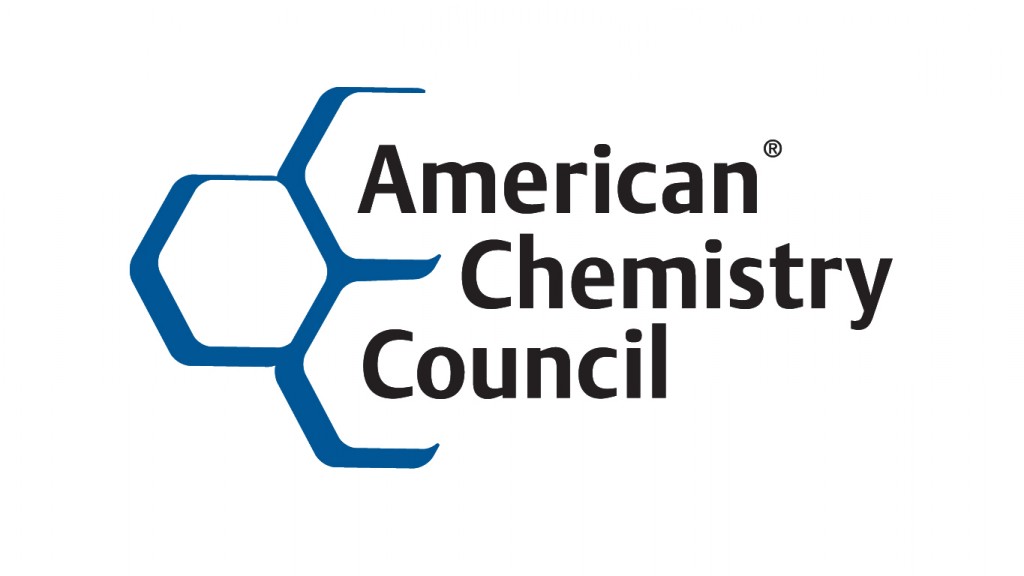
The Center for International Environmental Law (CIEL) has released a report called "Plastic & Climate: The Hidden Costs of a Plastic Planet," which looks at plastics production and greenhouse gas emissions. The American Chemistry Council (ACC) responded with the following statement, attributed to Steve Russell, vice president of ACC's Plastics Division:
"Reducing greenhouse gas emissions is a critical global challenge and something we take very seriously," said Russell. "Rigorous emissions studies are an important tool for understanding the carbon impacts of products. Unfortunately, the study released today falls short of comparing the carbon profiles of products and packaging made with plastics to those of alternatives, which tend to be much greater as documented in numerous life cycle studies.
"Because plastics are strong and lightweight, they help us do more with less. Plastics help us ship more product with less packaging, which means fewer trucks on the road; plastics help make our vehicles lighter and more fuel efficient, so we go further on a gallon of gas; and plastic insulation and sealants help make our homes and buildings significantly more energy efficient by sealing off outdoor temperatures.
Russell continues: "A recent life cycle study of plastic packaging found that replacing plastics with alternatives would nearly double greenhouse gas emissions.1 And a separate peer-reviewed study conducted for Oregon's Department of Environmental Quality determined that for mail order shipping of soft goods, plastic shipping bags had less than half the GHG emissions of a paper envelope and one-fourteenth the emissions of the best cardboard box.2
"In addition to reducing the carbon impacts of transporting goods, plastic packaging helps to significantly reduce the emissions associated with food waste—a major source of carbon. According to the United Nations, if food waste was a country, it would be the third largest global greenhouse gas emitter.
"Although plastic production does generate low levels of greenhouse gas emissions, plastics are often used in products that help to reduce much larger amounts of greenhouse gas emissions over their life cycle. Companies that produce plastics are working to systematically reduce carbon emissions associated with production, often through management systems like Responsible Care®.
"Unfortunately, the CIEL report focuses largely on the anticipated growth of plastic production but fails to note that production is growing in response to increasing global demand for lightweight automotive parts, building insulation, and product packaging—all of which will play an important role in reducing greenhouse gas emissions and helping people live more sustainably around the world."
1 Franklin Associates, a Division of Eagle Research Group. Life Cycle Impacts of Plastic Packaging Compared to Substitutes in the United States and Canada. April 2018. See: https://plastics.americanchemistry.com/Reports-and-Publications/LCA-of-Plastic-Packaging-Compared-to-Substitutes.pdf
2 Franklin Associates, a Division of Eagle Research Group. Life Cycle Inventory of Packaging Options for Shipment of Retail Mail-Order Soft Goods. April 2004, pgs. ES15-17. See: https://www.oregon.gov/deq/FilterDocs/LifeCycleInventory.pdf
Company info
5955 Airport Road, Suite 125
Mississauga, ON
CA, L4V 1R9
Website:
plastics.ca/home/index.php




